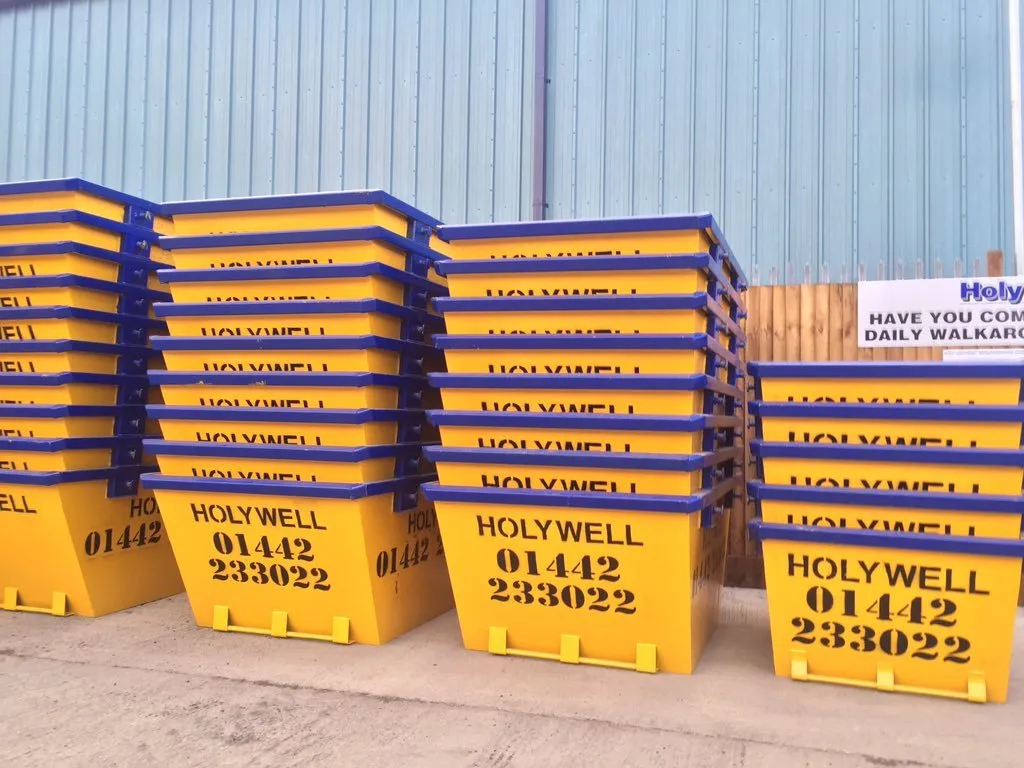Tackling a construction project or a major DIY task often leads to one common issue—waste management. Whether you’re a professional in the construction industry or a home improvement enthusiast, efficiently managing and disposing of waste is crucial. But with so many options available, how do you choose the right one for your needs? This blog will guide you through the ins and outs of skip, grab, and tipper hire, helping you make an informed decision that suits your specific project requirements.

Understanding Skip, Grab, and Tipper Hire
When it comes to waste management, three main types of hire services are frequently used—skip, grab, and tipper hire. Each option has its unique features, advantages, and disadvantages.
Skip Hire
Skip hire involves renting a large container that is delivered to your site and collected when full. This option is particularly popular in both small and large-scale projects.
Advantages:
Convenient for ongoing projects as it stays on-site.
Various sizes available, making it flexible for different project scales.
Ideal for mixed waste types.
Disadvantages:
Requires a permit if placed on public property.
Limited by the size of the skip; overfilling can lead to additional costs.
May require substantial space on-site.
Grab Hire
Grab hire uses a specialised lorry equipped with a hydraulic arm to collect waste, making it ideal for collecting soil, rubble, and other heavy materials.
Advantages:
No need for a permit as it doesn’t need to stay on-site.
Efficient for removing large amounts of waste quickly.
Perfect for inaccessible areas where skips can’t be placed.
Disadvantages:
Typically more expensive than skip hire.
Requires clear access for the lorry.
Less suitable for mixed waste types.
Tipper Hire
Tipper hire involves a truck with a large bed that can be tilted to pour out its contents. This method is often used for transporting and dumping bulk materials.
Advantages:
Extremely versatile for transporting different types of waste.
Can handle large volumes and heavy materials.
Efficient load and unload times.
Disadvantages:
Requires ample space for loading and unloading.
May not be practical for small projects.
Higher rental costs compared to skips.
Factors to Consider When Choosing
Choosing between skip, grab, and tipper hire depends on several critical factors. Understanding these will help you make the most effective choice for your project.
Project Size
The scale of your project plays a significant role in deciding which waste management option to use. For smaller projects like home renovations, skip hire might be sufficient. Larger construction sites, however, might benefit more from grab or tipper hire due to their capacity to handle massive waste volumes quickly.
Type of Waste
Different projects generate different kinds of waste. Mixed waste from a home renovation can be easily managed with a skip. However, if your project involves heavy materials like soil or concrete, grab or tipper hire might be more appropriate.
Access Limitations
The accessibility of your site is another crucial factor. If your site is easily accessible, skip and tipper hire are viable options. Conversely, if your site has limited access or is in a tight urban area, grab hire could provide the flexibility needed to remove waste efficiently.
Cost Considerations
Budget constraints are always a consideration in any project. While skips are generally the most cost-effective option for small to medium-sized projects, grab and tipper hire, despite their higher costs, offer significant time savings for larger sites, which could translate into overall project savings.
Real-World Applications and Case Studies
To better understand which option might suit your needs, let’s look at some real-world applications and case studies.
Residential Renovation Project
A homeowner in St Albans undertook a complete renovation of their garden, which included soil removal and landscaping. Given the mixed waste type and moderate volume, they opted for skip hire. The convenience of having the skip on-site made it easy to collect waste as the project progressed without multiple trips to a disposal site.
Commercial Construction Site
A large-scale commercial construction site in Hemel Hempstead needed to remove large volumes of rubble and soil quickly. With limited space for on-site waste storage and the need for rapid waste removal, the site manager chose grab hire. The grab lorry efficiently cleared the waste, keeping the project on schedule.
Infrastructure Development
An infrastructure development project involving road construction required the transport of bulk materials like gravel and asphalt. Given the need for transporting large volumes efficiently, tipper hire was the ideal choice. The versatility and capacity of the tipper trucks ensured timely delivery and disposal of materials.
Holywell Grab Lorry Hire Hertfordshire
Expert Tips for Efficient Decision-Making
The choice between skip, grab, and tipper hire can be daunting. Here are some expert tips to help you make the best decision:
Assess Your Project Needs
Evaluate the specific requirements of your project, such as the type and volume of waste, site accessibility, and project duration. This assessment will guide you in selecting the most suitable waste management option.
Calculate the Costs
Consider not just the rental costs but also any additional expenses such as permits, labor, and potential downtime. Sometimes, a seemingly more expensive option like grab hire can save money overall by reducing project delays.
Consult with Professionals
Engage with waste management professionals or hire companies to get their insights and recommendations. They can provide valuable advice tailored to your project’s specific needs and constraints.
Conclusion
Navigating the world of waste management can be overwhelming, but understanding the differences between skip, grab, and tipper hire can make the process much simpler. By considering factors like project size, waste type, access limitations, and cost, you can make an informed decision that ensures efficiency and cost-effectiveness for your project.
Take the next step towards efficient waste management today. Feel free to reach out to us for personalised advice or to book your skip, grab, or tipper hire.
By following this guide, you can confidently choose the best waste management solution for your needs, ensuring that your construction or DIY project runs smoothly and efficiently.